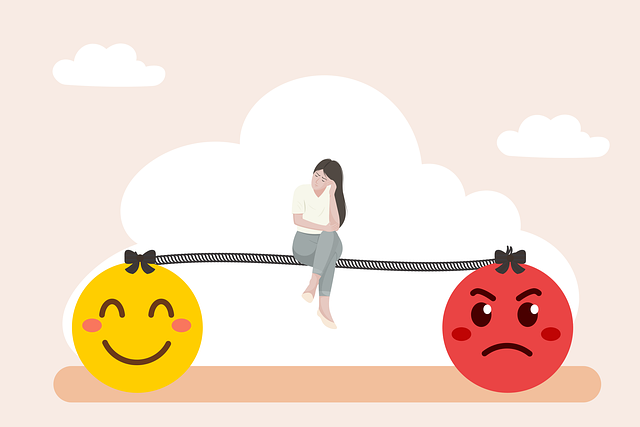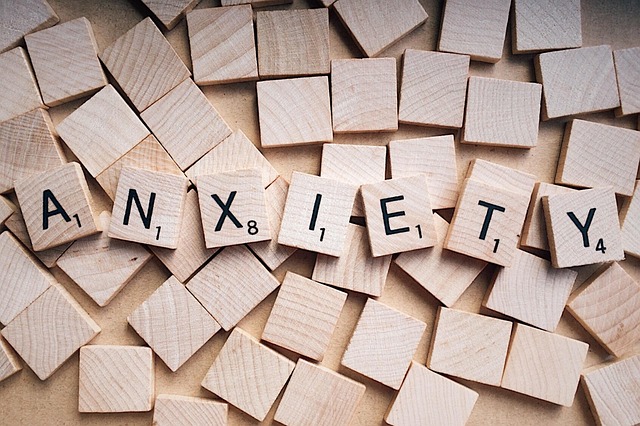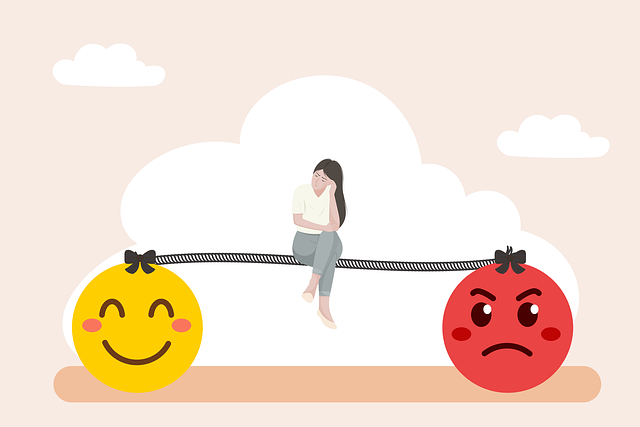Highlands Ranch Conduct Disorder Therapy emphasizes holistic self-care through mindfulness, exercise, diet, and social connection, empowering individuals to manage stress and emotions, build resilience, and improve quality of life. Overcoming barriers like demanding schedules and mental health concerns is crucial for adopting sustainable self-care routines tailored to unique challenges, with techniques taught in therapy sessions contributing to improved mental health and stronger support networks.
Self-care is an essential aspect of maintaining and enhancing mental health, yet many individuals struggle to incorporate effective practices into their daily lives. This article explores the profound impact of self-care on mental well-being and provides a comprehensive guide to overcoming barriers. We delve into practical strategies for adopting healthy habits and highlight the crucial role that Highlands Ranch Conduct Disorder Therapy plays in nurturing self-care routines, offering a holistic approach to individual growth.
- Understanding Self-Care and Its Impact on Mental Health
- Identifying Barriers to Effective Self-Care Practices
- Incorporating Healthy Habits for Improved Well-being
- The Role of Highlands Ranch Conduct Disorder Therapy in Nurturing Self-Care Routines
Understanding Self-Care and Its Impact on Mental Health

Self-care is an essential practice that involves intentional activities designed to improve one’s overall well-being. It encompasses various aspects such as physical health, mental resilience, and emotional balance. In the context of Highlands Ranch Conduct Disorder Therapy, understanding self-care is pivotal for fostering positive mental health outcomes. Many individuals struggling with conduct disorders often face challenges in managing stress and regulating emotions, making self-care a crucial tool for healing and personal growth.
The impact of self-care on mental health cannot be overstated. By incorporating practices like mindfulness, exercise, and social connection into one’s routine, individuals can effectively manage symptoms associated with conduct disorders. Moreover, self-care plays a significant role in stress management workshops organized by the community, where participants learn valuable coping skills development techniques to navigate life’s challenges. This proactive approach not only enhances mental resilience but also empowers individuals to take control of their emotional well-being, leading to improved overall quality of life.
Identifying Barriers to Effective Self-Care Practices

Many individuals struggle to incorporate effective self-care practices into their daily routines due to various barriers. These obstacles can range from demanding work schedules and family commitments to underlying mental health concerns, such as Conduct Disorder, which may require specialized therapy in Highlands Ranch. Recognizing these barriers is a crucial first step towards making positive changes. For instance, individuals with Conduct Disorder might find it challenging to prioritize self-care due to impulsive behaviors or difficulties regulating emotions.
Overcoming these barriers often involves developing emotional well-being promotion techniques and enlisting the support of mental wellness coaching programs. These initiatives can help individuals foster inner strength and create sustainable self-care routines. By understanding their specific challenges, whether related to busy lifestyles or complex mental health issues, people can tailor strategies for better mental wellness and overall life satisfaction.
Incorporating Healthy Habits for Improved Well-being

Incorporating healthy habits into your daily routine can significantly enhance well-being, especially for those managing conditions like Conduct Disorder in Highlands Ranch. Simple yet effective practices such as regular exercise, a balanced diet, and adequate sleep form the foundation for optimal mental health. Physical activity releases endorphins that reduce stress and anxiety, while nutritious meals provide essential nutrients to support brain function. Adequate rest is crucial for emotional regulation and clearing the mind, allowing individuals to better navigate challenges and improve their overall resilience.
Additionally, mindfulness techniques and social skills training can be transformative. Mindfulness practices, often taught in Highlands Ranch Conduct Disorder Therapy sessions, help individuals stay present, increasing awareness of triggers and promoting calm responses. Social Skills Training equips people with tools to communicate effectively, build positive relationships, and manage conflicts, all contributing to improved mental health and a stronger support network—essential components for long-term well-being.
The Role of Highlands Ranch Conduct Disorder Therapy in Nurturing Self-Care Routines

Highlands Ranch Conduct Disorder Therapy plays a pivotal role in fostering self-care routines among individuals struggling with conduct disorders. Through tailored interventions and supportive environments, this therapy goes beyond addressing behavioral issues to nurture holistic well-being. By integrating mental health education programs designed to promote positive thinking, participants learn essential skills for self-management, stress reduction, and emotional regulation.
The approach extends beyond individual therapy sessions, encouraging community engagement and advocacy. Mental Health Policy Analysis and Advocacy initiatives within Highlands Ranch Conduct Disorder Therapy aim to create a supportive ecosystem where individuals can thrive. This multifaceted strategy not only enhances mental health but also empowers participants to become active advocates for their well-being, fostering sustainable self-care practices in the long term.
Self-care is a powerful tool for enhancing mental health and overall well-being, as highlighted by research and practices like Highlands Ranch Conduct Disorder Therapy. By understanding individual needs, identifying barriers, and incorporating healthy habits, one can create a nurturing self-care routine. This article has provided insights into these key aspects, offering guidance on improving self-care practices. Remember that prioritizing self-care is not just a choice; it’s a necessary step towards leading a fulfilling and balanced life.














